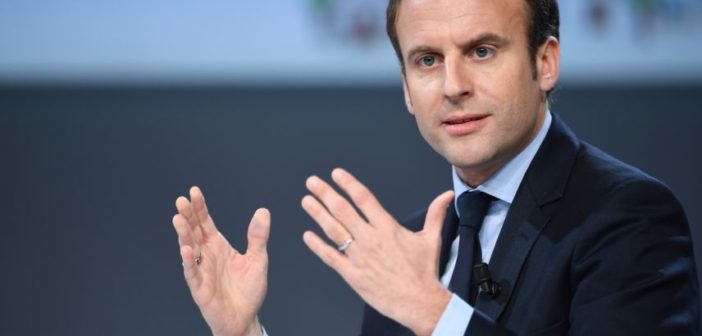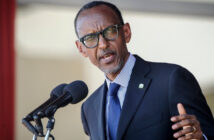French President Emmanuel Macron and OECD Secretary-General Angel Gurría opened the OECD’s annual Ministerial Council Meeting with a call for countries to work harder to ensure that multilateral co-operation effectively addresses today’s global challenges.
The 2018 Ministerial, chaired by France, will tackle issues including co-operation in promoting inclusive growth, fostering international trade, advancing co-operation on taxation and climate change, responding to the impact of digitalization and new technologies, and ensuring the financing of the Sustainable Development Goals. Under the theme “Reshaping the foundations of multilateralism for more responsible, effective and inclusive outcomes”, Ministers will discuss how to improve multilateralism and make it better serve the needs of those who feel they have missed the benefits of globalization, while also responding to new challenges.
“Multilateral co-operation has led to unprecedented achievements and has greatly contributed to improving people’s lives over the past 70 years, including recent landmark agreements such as the Paris Agreement on climate change and the Sustainable Development Goals. Yet, many feel left behind from the benefits of a globalized economy, and perceive that the multilateral system is not delivering the expected results. Over the next two days we have an opportunity to start rebuilding the foundations of multilateralism to make it more responsible, efficient and inclusive, so that it benefits everybody,” Mr. Gurría told the Ministerial audience.
“Multilateralism is not just a collection of bilateralisms. It’s a dialogue with several voices, a chorus for action and thought, and we need to work together to build this chorus, to reinvent it and make it fair and efficient for the world we are in,” President Emmanuel Macron said. “The OECD has wisely placed itself at the heart of today’s decisive battles, and notably the fight against inequality, and it is these efforts that I am here to recognize and support.”
Also present at the Ministerial opening were Lithuanian President Dalia Grybauskaite and Colombian President Juan Manuel Santos, who participated in an official signing ceremony signalling their countries’ impending accession as the OECD’s 36th and 37th members. Their memberships will take effect after Lithuania and Colombia have each taken the appropriate steps at national level to accede to the OECD Convention and deposited its instrument of accession with the French government, the depository of the Convention.
“With the accession of Colombia and Lithuania, the OECD becomes a more vibrant, pluralistic and inclusive forum for the exchange and sharing of best practices,” Mr. Gurria told the signing ceremony. “The accession process has been a catalyst for impressive reforms, which have not only benefited the two countries but are also inspiring learning opportunities for other OECD members and partners facing similar challenges.”
At the two-day ministerial, countries will address how to ensure effective implementation and broaden adherence to level the global playing field. They will also adopt a new OECD Framework for Policy Action on Inclusive Growth and three new OECD Recommendations exemplifying the value of international co-operation in tangible terms.




